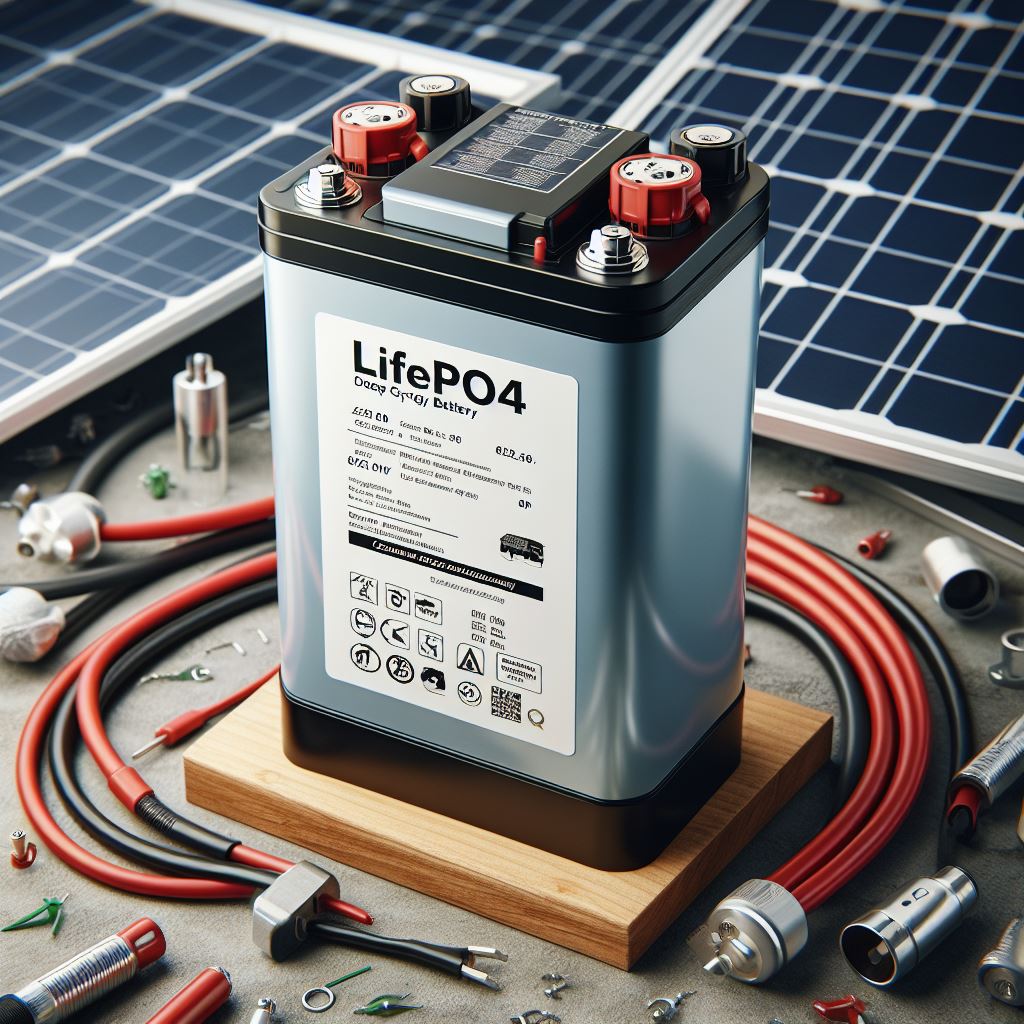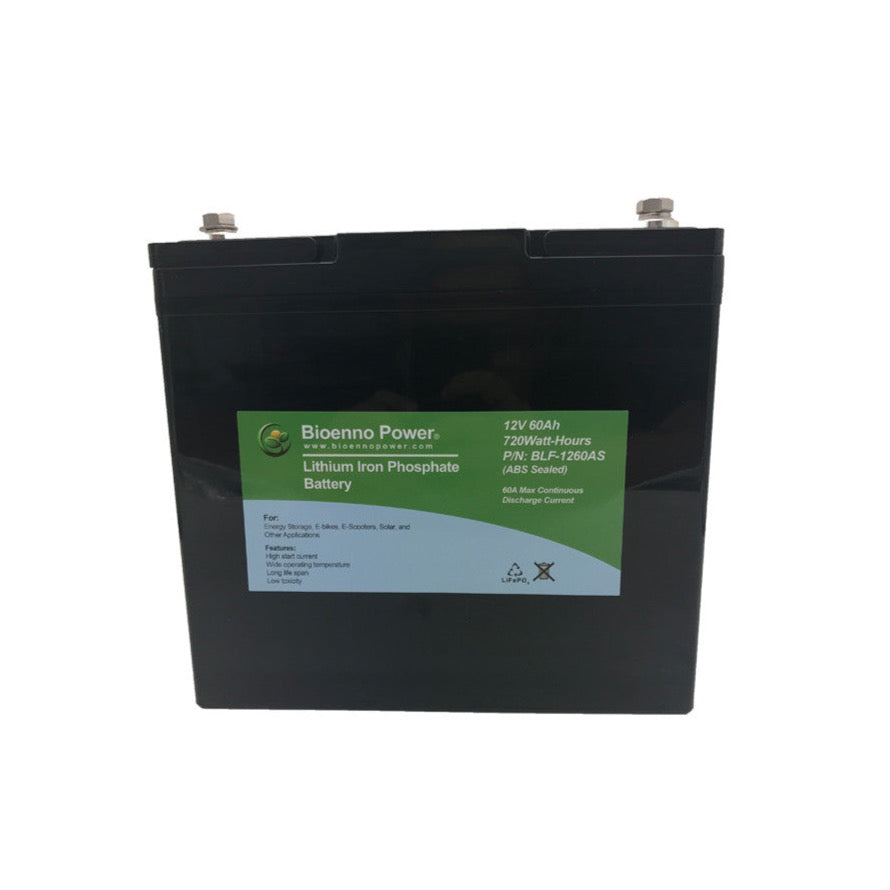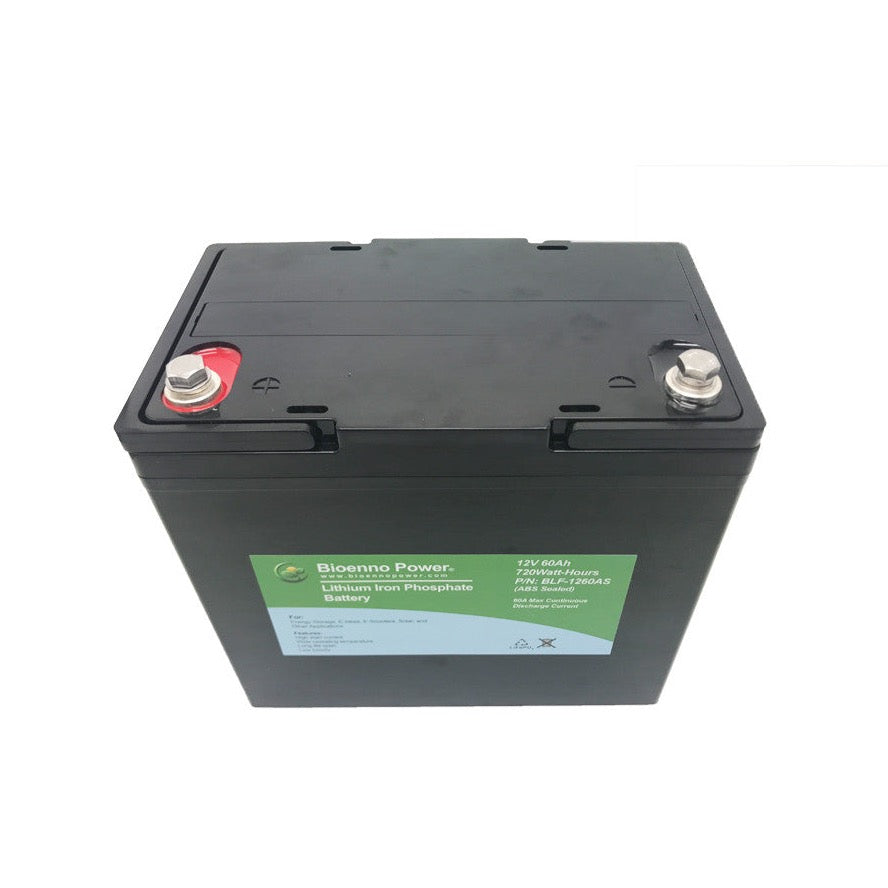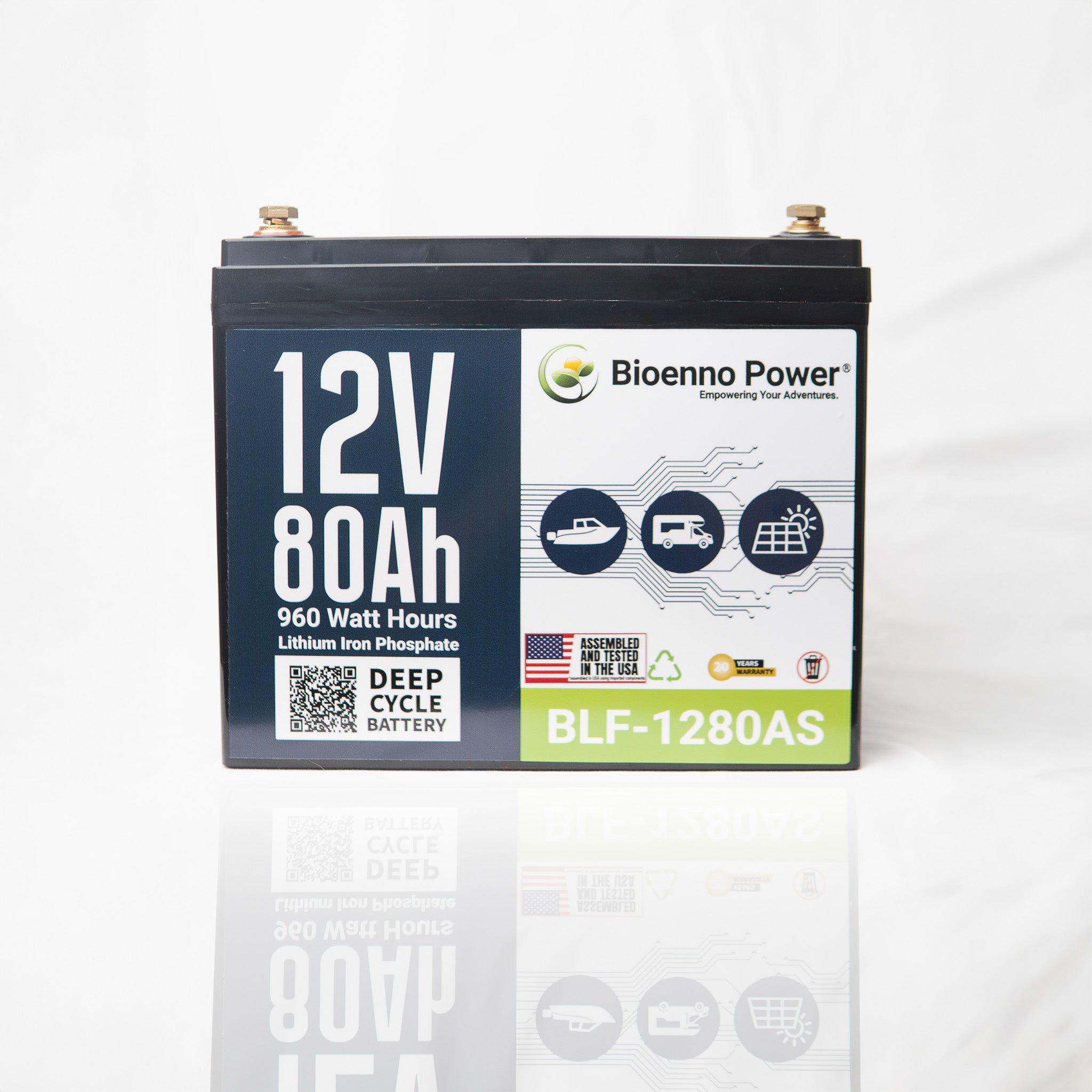Exploring the World of LiFePO4 Batteries
LiFePO4, or Lithium Iron Phosphate, batteries have revolutionized the landscape of energy storage solutions. These batteries have gained immense popularity among various user segments, particularly among boat owners, campers, robotics enthusiasts, ham radio operators, and off-grid power aficionados. Understanding the fundamentals of LiFePO4 batteries sheds light on their remarkable features, advantages, and diverse applications across different industries. Read about the lithium battery revolution and see why they are the future of battery technology.
The Chemistry Behind LiFePO4 Batteries
LiFePO4 batteries derive their name from their chemical components, which include lithium as the active element, iron phosphate as the cathode material, and a porous separator. This unique chemistry offers inherent stability, increased safety, and exceptional resistance to thermal and chemical stress, distinguishing them from traditional lithium-ion batteries. See LifePo4 in the news, here.
Advantages of LiFePO4 Batteries
The remarkable advantages of LiFePO4 batteries lie in their high energy density and extended cycle life. These batteries can endure approximately 2000 to 7000 charge cycles, far exceeding conventional options. Their low self-discharge rate ensures they retain up to 80% of their charge even after prolonged storage. Additionally, their safety features, including resistance to thermal runaway and overcharging, make them an ideal choice for safety-conscious applications.
Applications Across Diverse Industries
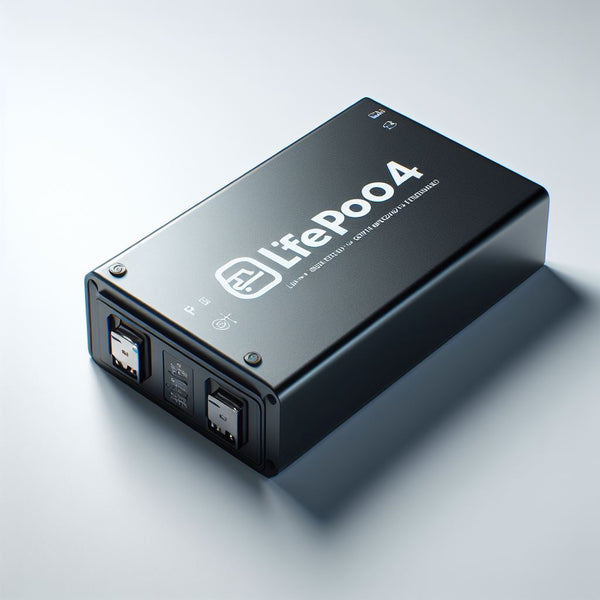
The versatility of LiFePO4 batteries finds expression in numerous industries. In the marine sector, boat owners value their lightweight nature, high energy density, and long lifespan, ensuring reliable power for navigation systems and onboard electronics. Similarly, campers benefit from these batteries for their camping equipment, providing a consistent power supply off the grid.
Utilization in Robotics, Ham Radios, and Off-Grid Power Systems
Enthusiasts in robotics utilize LiFePO4 batteries due to their high discharge rates and energy efficiency, powering robots, drones, and other autonomous systems effectively. Ham radio operators appreciate their portability and long-lasting power supply during field operations. Furthermore, off-grid power enthusiasts integrate LiFePO4 batteries into solar and wind energy systems, ensuring efficient energy storage and utilization.
Embracing the Potential of LiFePO4 Batteries
In summary, LiFePO4 batteries stand as a monumental innovation in battery technology. Their chemical stability, prolonged lifespan, safety features, and diverse applications make them an ideal choice for various industries. As technology progresses, the utilization and appreciation of LiFePO4 batteries are likely to grow, catering to the energy needs of boat owners, campers, robotics enthusiasts, ham radio operators, and off-grid power enthusiasts worldwide.
FAQs
-
What distinguishes LiFePO4 batteries from other lithium-ion batteries? LiFePO4 batteries, or Lithium Iron Phosphate batteries, are unique due to their chemical composition. Unlike traditional lithium-ion batteries, they use iron phosphate as the cathode material, offering enhanced stability, improved safety, and resistance to thermal runaway.
-
How long do LiFePO4 batteries last compared to conventional batteries? LiFePO4 batteries exhibit an extended lifespan, enduring approximately 2000 to 7000 charge cycles, far surpassing conventional lithium-ion batteries. Their robustness ensures longevity and reliability, making them a preferred choice for long-term usage.
-
What are the primary applications of LiFePO4 batteries? LiFePO4 batteries find extensive applications across various industries. They are commonly used in marine settings for boats, in camping equipment for off-grid power supply, robotics for their high discharge rates, and ham radios due to their portability and lasting power supply during field operations.
-
Are LiFePO4 batteries safe to use and environmentally friendly? Yes, LiFePO4 batteries are renowned for their safety features. They are resistant to thermal runaway, overcharging, and have a low risk of catching fire or exploding, making them a safer option compared to other lithium-ion batteries. Additionally, they are environmentally friendly, containing non-toxic materials and being recyclable.
-
How do LiFePO4 batteries fare in extreme temperatures? LiFePO4 batteries perform well in various temperature conditions. They have a good tolerance for both high and low temperatures, maintaining their efficiency and performance. However, extreme temperatures at either end of the spectrum can slightly affect their capacity, necessitating suitable storage conditions for optimal functionality.

